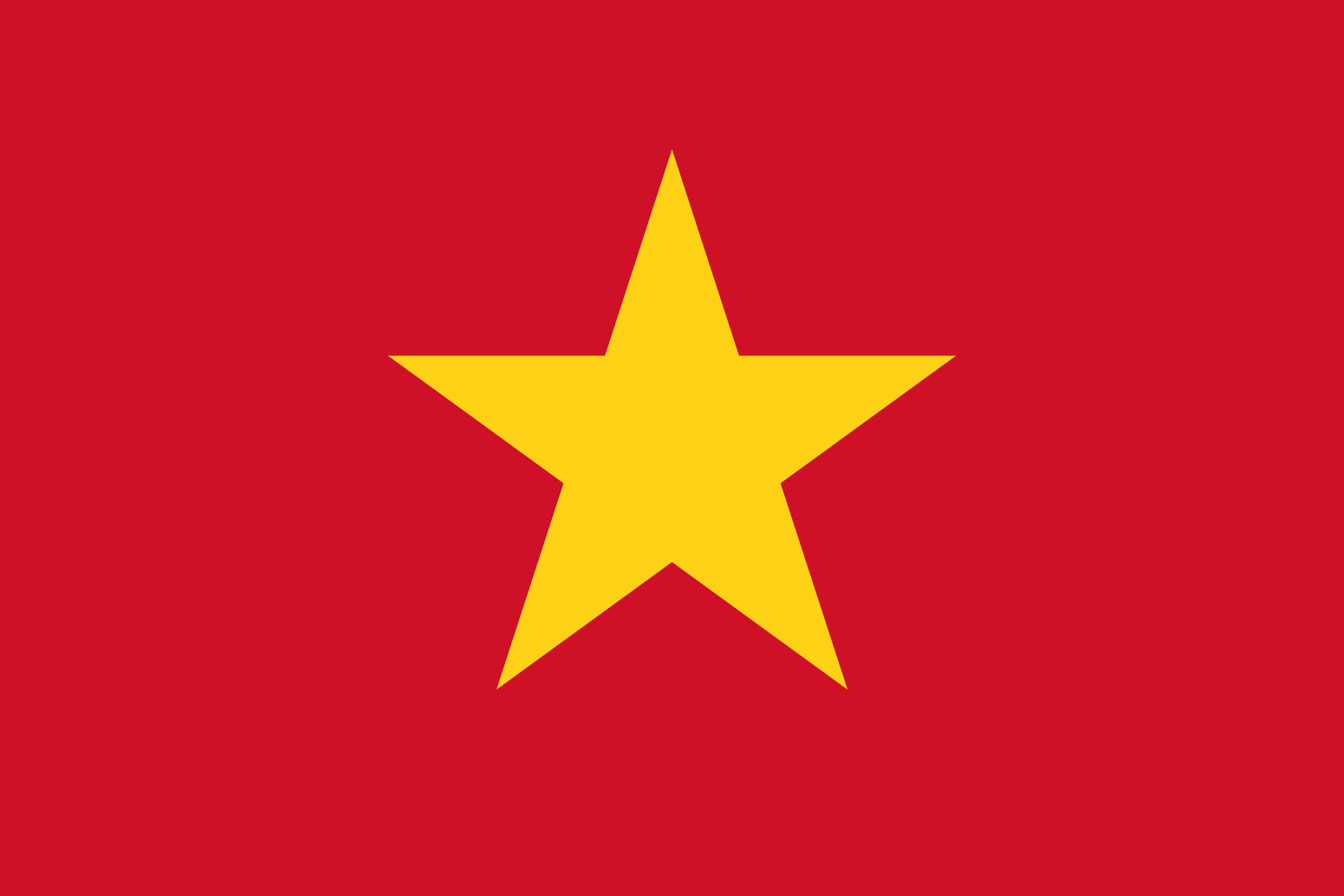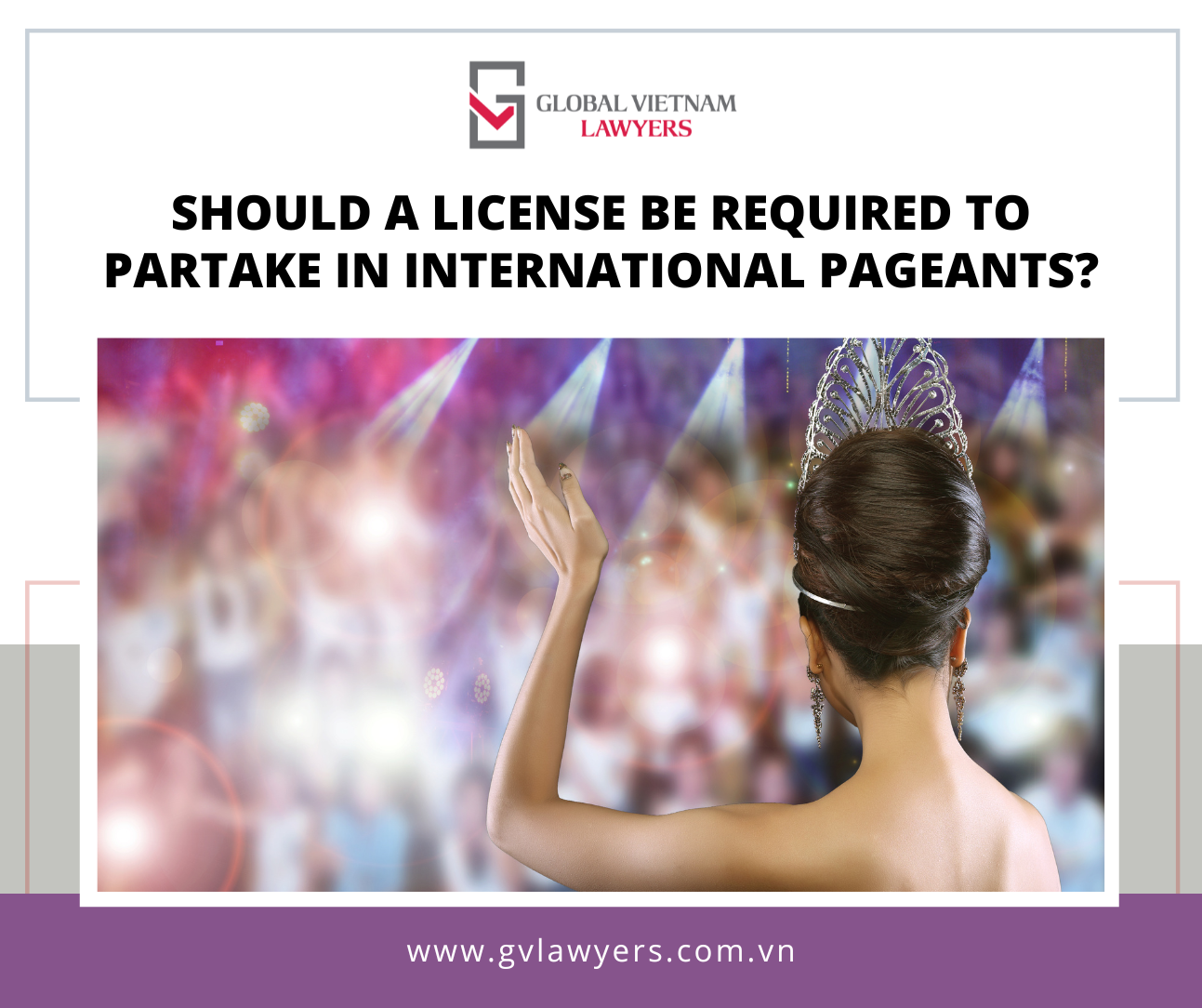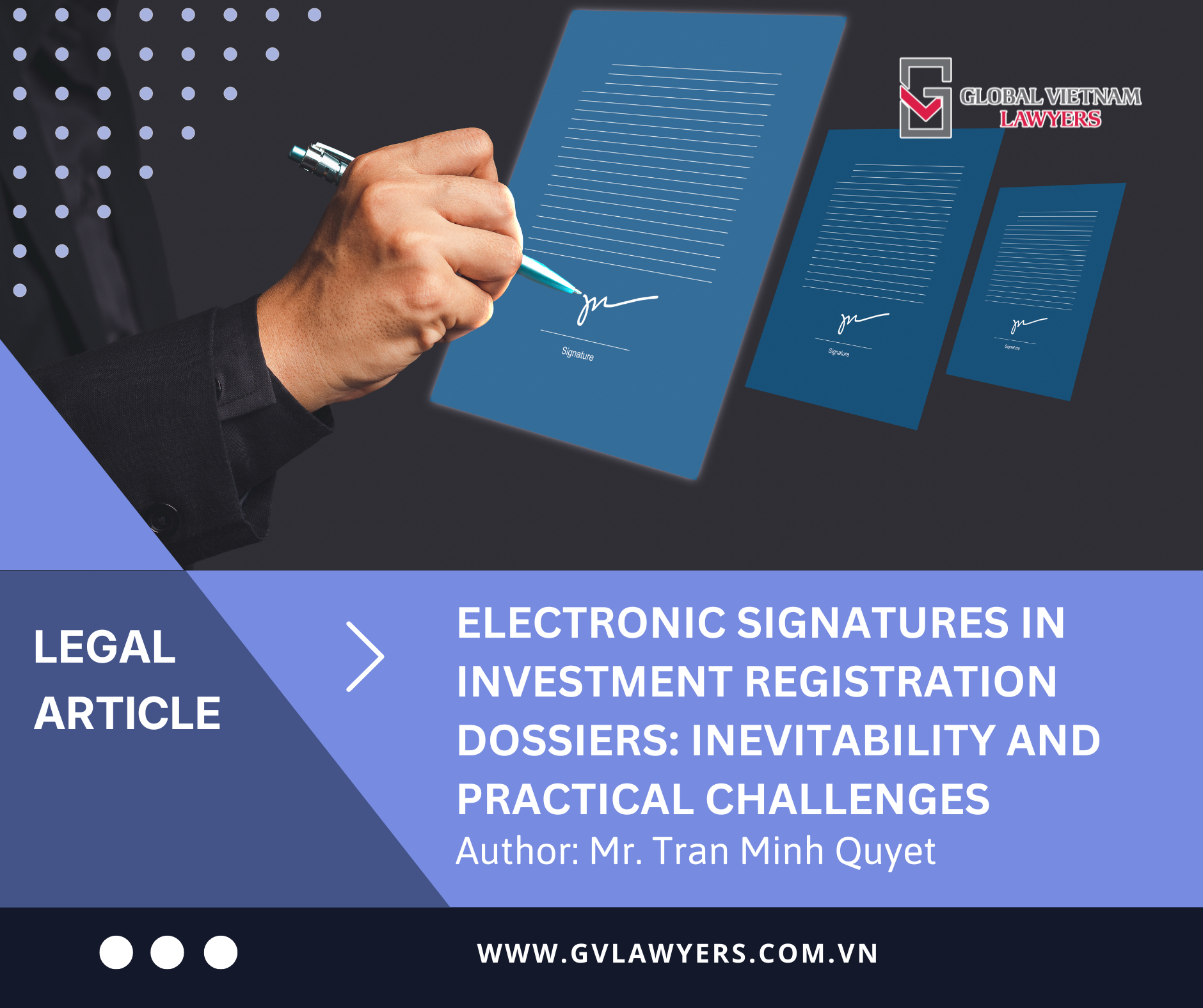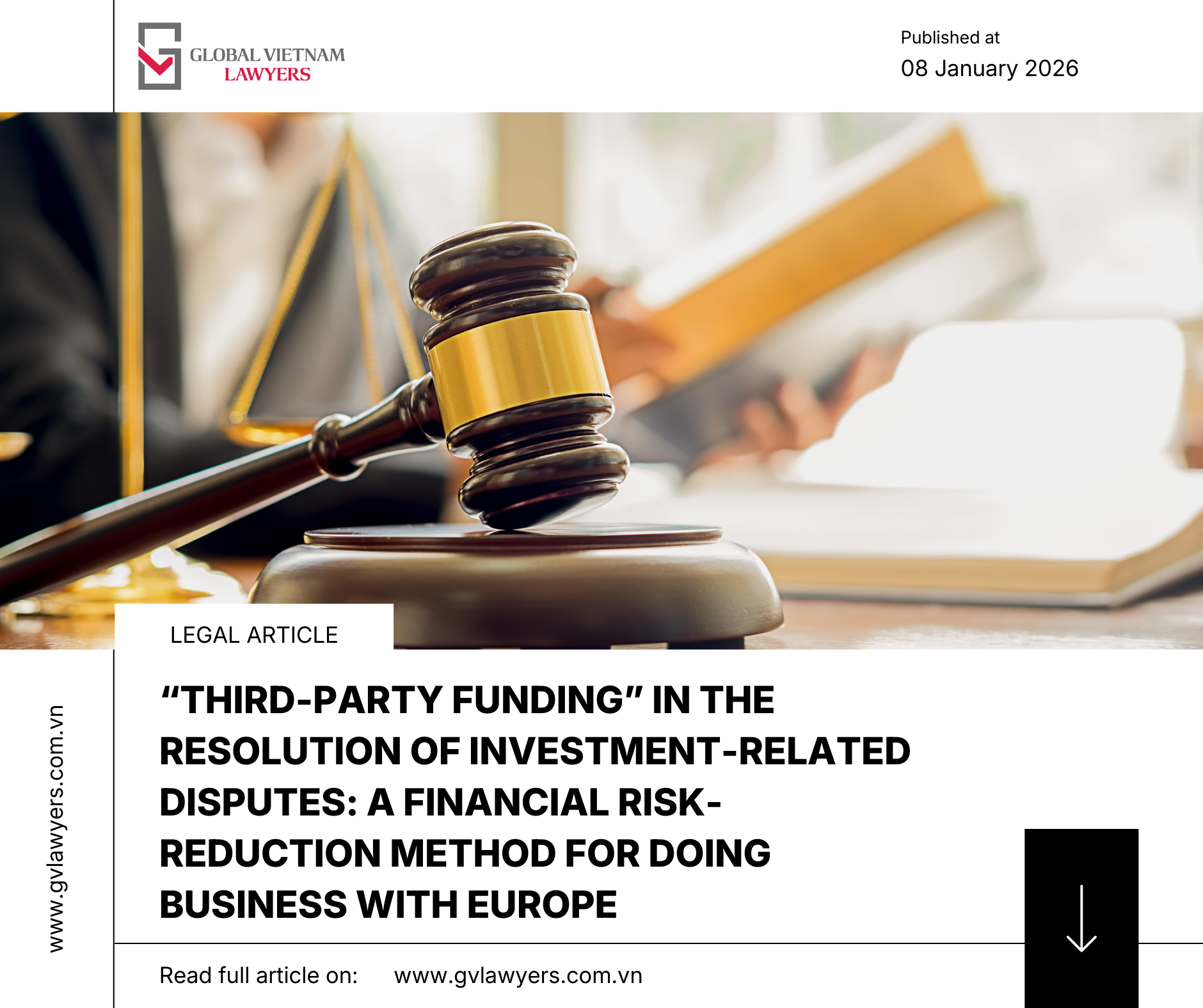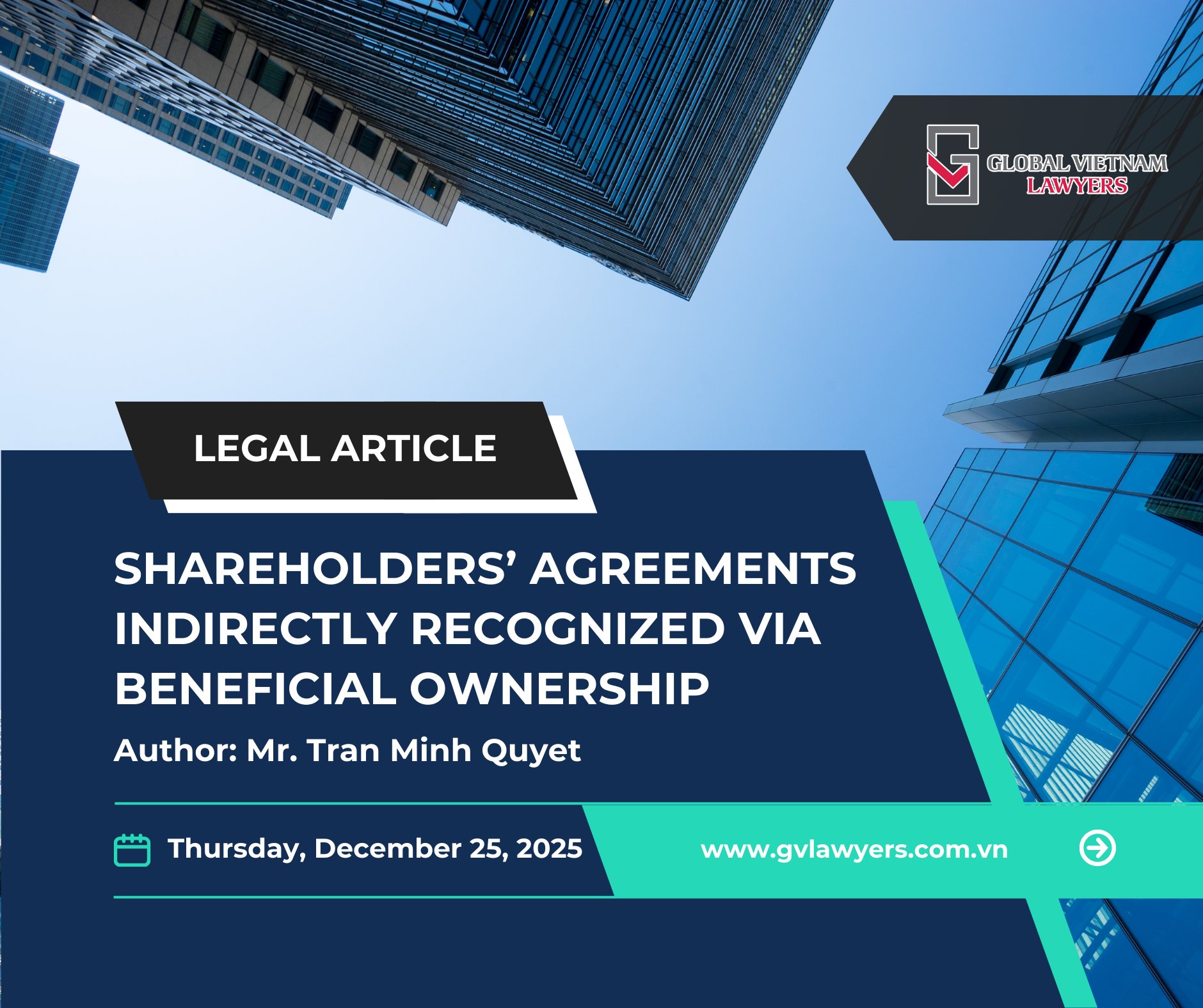An article by Lawyer Le Quang Vy and Ms. Nguyen Thi Hang titled “Should a license be required to partake in international pageants?” published on The Saigon Times on July 20, 2017.
***
In recent years, it has become popular for many beauties and models to be fined by the Department of Performing Arts for their unlicensed participation in international beauty pageants. One example that caused much heated public debate was when Oanh Yen was crowned Miss PanContinental International in the Philippines two years ago. In doing so, she incurred a fine of 30 million dong for joining the contest of her own volition. The latest case was that of Nguyen Thi Thanh – having finished in third place in Miss Eco International 2017, she incurred a fine of 22.5 million dong for “unapproved pageant participation”.
The question then is whether it is necessary for beauties or models to apply for a license from the authorities before joining an international pageant?
CONDITIONS FOR GRANTING CONTEST LICENSES
Pursuant to Decree 79/2012/NĐ-CP (dated 5/10/2012) on regulating art performances, fashion demonstrations, beauty and model contests, publications and trading of recordings and videos of music and dramatic works (“Decree 79“) and Decree 15 (2016) amending and supplementing some articles of Decree 79, Vietnamese contestants are licensed to join international pageants for beauties or models only when they: (1) have won a title in a domestic contest for beauties, models; (ii) are represented by a Vietnamese organization which is registered in the business of cultural and artistic services, or the incorporation decision which states the function of cultural and artistic operations, and which carries out the license application procedures to bring them to international contests. Accordingly, such organizations will have to submit contest license application dossiers to the Department of Performing Arts. Within five business days of receiving a full valid dossier, the Department of Performing Arts will grant the license. In cases where the license cannot be granted, it must give a written answer indicating reasons.
It can be understood that an ordinary Vietnamese citizen cannot join an international contest for beauties or models if he/she does not satisfy the said conditions and is not granted a license. For unlicensed participants, they will be subject to a fine of 15-30 million Dong (Decree 158/2013/NĐ-CP dated 12-11-2013 stipulating sanctions against administrative violations in the sector of culture, sport, tourism and advertising).
These regulations demonstrate that the State applies strict screening measures to select the best contestants. From this perspective, Decree 79 is aimed at managing those who partake in beauty or model contests. However, the Decree has not produced the positive effect of state management, but given rise to several unintended consequences.
MEETING INTERNATIONAL STANDARDS REMAINS INADEQUATE
The said regulations have created confusion for participants whereby some Vietnamese citizens meet the standards of international contest organizers, but fall short of the standards set forth by Vietnamese law. This deprives these citizens, despite satisfying international standards, of opportunities to join international contests. For the time being, apart from contests which require contestants to firstly win a title in a national level contest to run for Miss World[1] or Miss Universe[2] on behalf of their country, for example, some contests ignore these conditions, and only focus on whether beauties can satisfy the criteria set by such organizers. Beauties at times participate in contests as individuals without acting as representatives of their countries. Mai Ngo joined Asia Next Top Model, followed by Nguyen Thi Thanh in Miss Eco International and many other examples despite the subsequent fine imposed by competent authorities due to their participation in overseas contests on their own free will. The regulation requiring that all contestants must win a title in a domestic contest first, or be represented by a cultural and artistic organization, to apply for a license to compete in a foreign contest from a competent state body seems inappropriate when we consider the benefits of this cultural exchange among countries. In addition, the State cannot manage all contestants who join multiple beauty or model contests all over the world, and this explains why the management mechanism based on licenses is not practically effective.
MATTER OF CITIZEN RIGHTS
Are the contents of Decree 79 contradictory? Specifically, Article 3 of this Decree stipulates that Vietnamese organizations and individuals of all economic sectors should be encouraged to participate in beauty and model contests while its Article 22 sets forth conditions and procedures for licensing. Inadvertently, Article 22 is a barrier for citizens to restrict their right to participate in international contests. In addition, for contestants participating in international competitions without a license from the Department of Performing Arts, although their achievements are not recognized in Vietnam, the title itself has been awarded to the contestant as an individual, which reflects his/her moral rights protected by the Civil Code. We acknowledge the candidates of Vietnamese origin and Vietnamese expatriates participating in overseas pageants, but we do not recognize the achievements of Vietnamese candidates in the absence of a license. This is unfair to contestants living within the country.
There is a view that failing to grant a license will result in relieving candidates of a screening, and which may pose a threat to Vietnam’s international image. First, in terms of civil rights and human rights, the participation of a citizen in a pageant is the freedom of such individual provided that this freedom does not infringe upon the interests of the State. Therefore, it is impossible to apply the “ask for and give” mechanism to rights to which citizens are automatically entitled. Second, because of a vague, undefined “fear of losing country’s image”, we close doors to the world, restrict citizen rights, and restrain opportunities to promote the culture and face of the country of Vietnam to the world. We should focus on developing practical management solutions rather than prohibit or restrict the rights of citizens. And last but not least, when contestants compete as individuals at a contest, they must be personally responsible for their actions. The current law expressly regulate non-compliant behaviours with Vietnamese customs and traditional culture, or acts that adversely affect foreign relations etc. Therefore, more than anyone else, contestants must be aware of and take responsibility for their speech and actions not only at a contest, but also in their daily life.
IT IS TIME FOR A CHANGE
In discussing the above, it is evident that the regulations on the issuance of licenses for beauty and model contests in foreign countries are not in keeping with current practices. In this global age, our economic ties but also culture connections are becoming globalised. Should we change the “pre-check” mechanism to a “post-check” one, in which the beauties are free to participate in contests overseas, they will meet the standards set by the organizers. However, after any contest, the winning contestants need to take responsibility for reporting contest results to the competent state management authorities, so as to create a list of Vietnamese beauties that have ever won international prizes for the purpose of building strategies to promote the image of the country and people of Vietnam to the world.
[1] https://vi.wikipedia.org/wiki/Hoa_h%E1%BA%ADu_Th%E1%BA%BF_gi%E1%BB%9Bi
[2] https://vi.wikipedia.org/wiki/Hoa_h%E1%BA%ADu_Ho%C3%A0n_v%C5%A9


